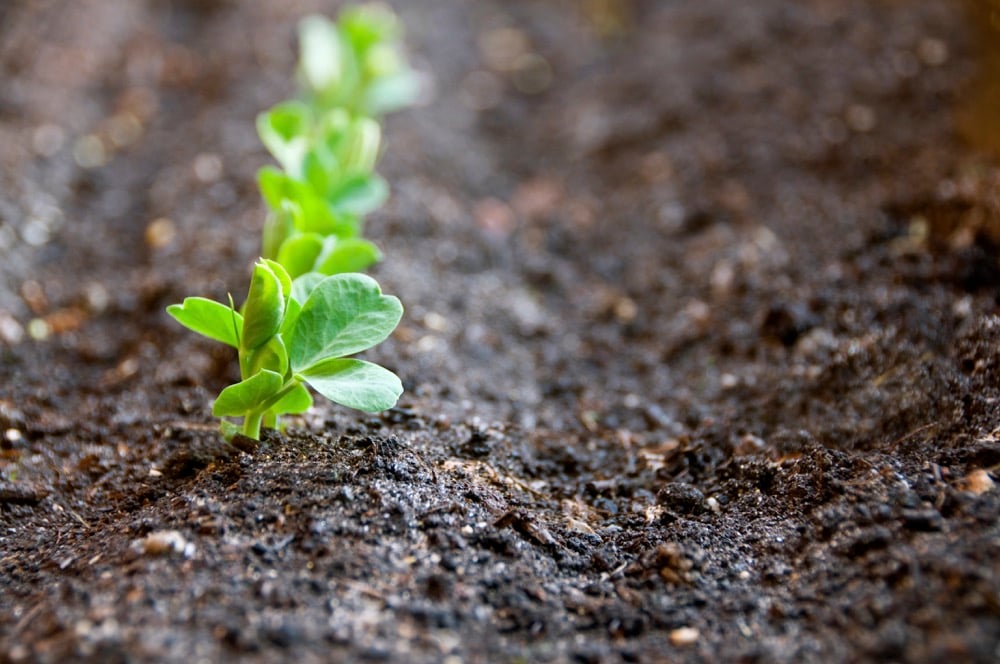Soil report highlights shifting focus on core issues

As much as things have changed in the 40 years since the last Senate report on the state of Canada’s agricultural soils, the core issues are as dominant as ever.
Read Also

Ontario beef producer stress increases as Cargill strike stretches on
The strain increases for eastern Canadian beef producers as Cargill’s Guelph Dunlop strike stretches into its fifth week. “We respect…
The recent report, Critical Ground: why soil is essential to Canada’s economic, environmental, human and social health, released last week by a Senate committee chaired by Senator Rob Black, does mark a pivotal shift in how we perceive the importance of soil.
Senator Herb Sparrow’s 1984 report “Soil at Risk” was, pardon the pun, groundbreaking work. It focused on reducing soil degradation to maintain farming’s productive capacity. It reflected the soil science of the times, relating to soil through its chemical and physical properties.
This latest report, which grew out of two years of testimony and field trips, views soil through a biological lens, noting in its opening paragraph that “there are more living organisms in a tablespoon of soil than there are people on Earth.”
It comes close to casting soil as living entity, to the point of suggesting it should be designated a strategic national asset, requiring a federally appointed advocate to ensure its needs don’t get lost in the competing priorities around its use.
In a move bound to make some farmers nervous, the report casts soil into a much larger role than supporting agriculture, but also recognizes that stewardship efforts need to support farmers’ profitability rather than work at cross-purposes.
This committee was tasked with delving into “the implications of soil health for human health, food security, forest and agricultural productivity and prosperity, water quality and air quality,” but also its role in mitigating climate change, which wasn’t even in our collective vocabulary in the 1980s.
No one back then was thinking about the implications of melting permafrost in the North, let alone quantifying how much of the carbon it stores could be released into the atmosphere, further escalating global temperatures. Yet the more things change, the more they stay the same.
“Soil is still at risk in Canada and around the world,” the report says. “The committee heard that while soil management has improved and crop yield has increased with enhanced plant genetics and cultural practices, these gains have also masked the effect of continued soil degradation and loss of agricultural land in every region of Canada.
“This is the result of climate change and more frequent extreme weather events (drought, fires, floods), urbanization, and misread outcomes of soil management practices,” it says.
Reduced tillage played a key role in the gains in soil health since the 1980s, but over the past decade, some farmers have gone back to tillage because of weeds that can no longer be controlled with herbicides. Keeping tabs on soil health is also complicated by overlapping jurisdictions, inconsistent definitions and lack of uniform data collection.
The committee calls on the federal government to work with the provinces, territories, Indigenous governments, academia, and agricultural and forestry producers to create a national soils institute and database. Notably, it calls for reinstatement of the Prairie Farm Rehabilitation Administration, a federal agency established in the 1930s to spare a vast area of the Canadian Prairies from becoming a desert rivaling the Sahara.
The PFRA succeeded because of its ability to work alongside farmers to promote conservation through subsidies and extension support — until the government wound it down in 2012.
The one point the Senate report addresses only peripherally is how a focus on soil health can be a unifier in an increasingly polarized society. For example, another report released the same week by Farmers for Climate Solutions outlines the outcome of a recent farmers’ forum to discuss climate change and sustainability.
Discussions got off to a rocky start because of differing and strongly held views around climate change. However, the one thing these farmers could all agree on was the need to promote soil health. Despite their differences, they mostly agreed on 36 recommendations to support a healthy environment and profitable farming, whether or not the individuals involved believe climate change is happening.
“Somehow, we have a boatload of recommendations, and nobody died or went to jail,” their report notes.
Source: Farmtario.com

